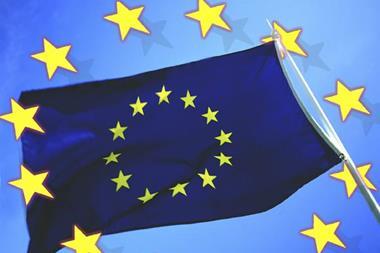Two reports highlight heightened corporate governance levels, but weaknesses remain
The European Commission has published two reports on Member States' application of EU recommendations on company directors' pay and independence. Both reports conclude that the application of corporate governance standards has improved, but some weaknesses remain.
The report on directors' remuneration shows that transparency standards are widely followed, but in some Member States it is still not recommended that shareholders vote on this issue.
The report on the role of independent non-executive directors finds that there is a real progress in improving governance standards in this field, but some of the recommended standards have not been followed in all Member States. For example, in some Member States a former chief executive can still become its chairman without any cooling off period. This undermines the independence of non-executive supervision.
Internal Market and Services Commissioner Charlie McCreevy said: "Directors’ remuneration matters greatly to a company. The level of managers' pay may have a significant impact on whether the company can recruit and retain directors having the qualities required to run the company efficiently. However, remuneration is also an area of potential conflict of interest with shareholders, and therefore they could expect a greater say in this matter. Only a few Member States have recommended this. I invite the others to call for a greater involvement of shareholders in setting remuneration criteria.
“Where independent directors are concerned, I am pleased to see a clear move towards stronger corporate governance requirements and improved transparency. But there is still room for improvement as regards appointing former CEOs to the position of the non-executive chairman and further reinforcing independent control over executive pay and the company's accounts. Good governance is essential for our companies and our economy. I encourage those countries lagging behind to speed up."
















